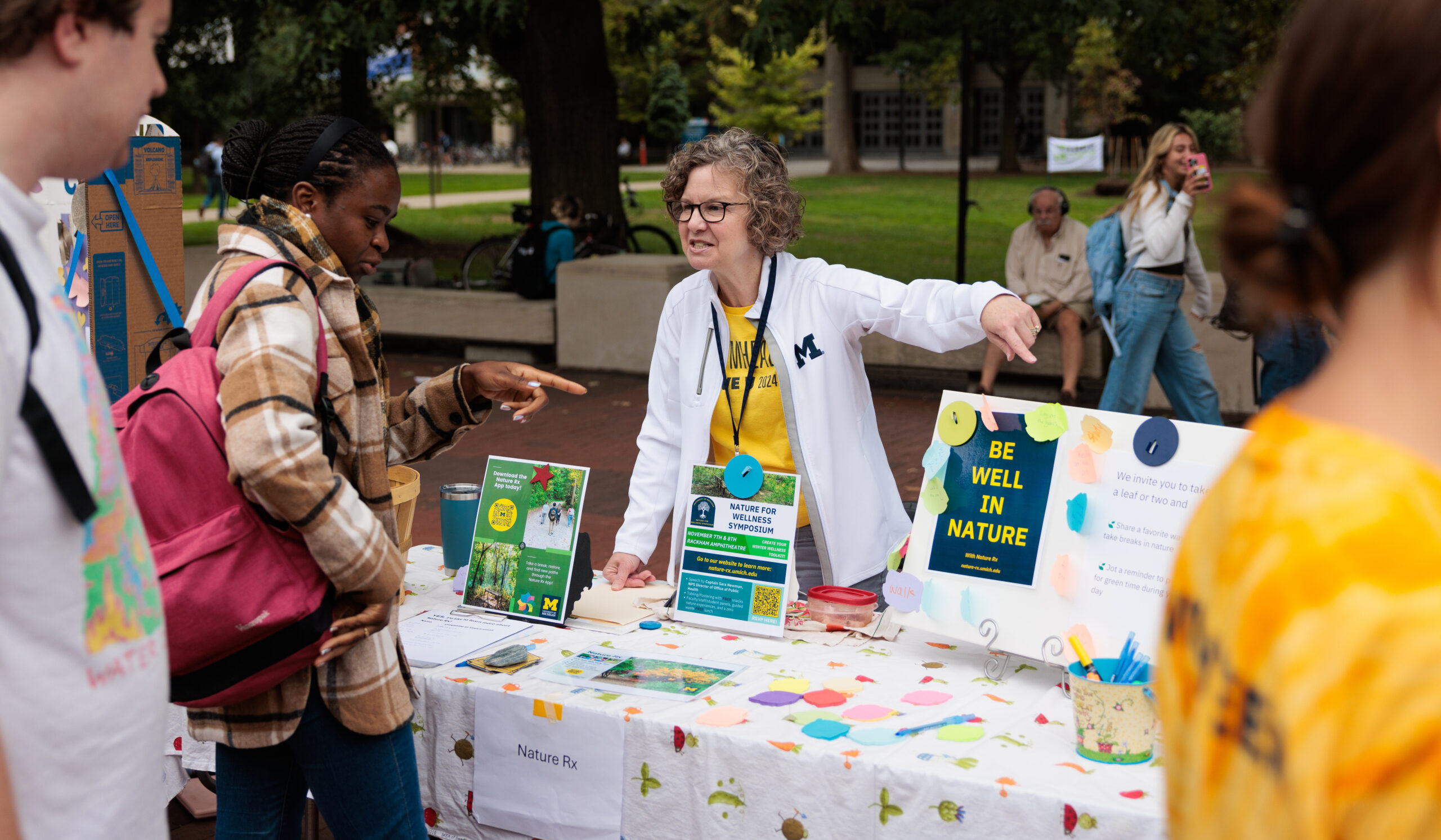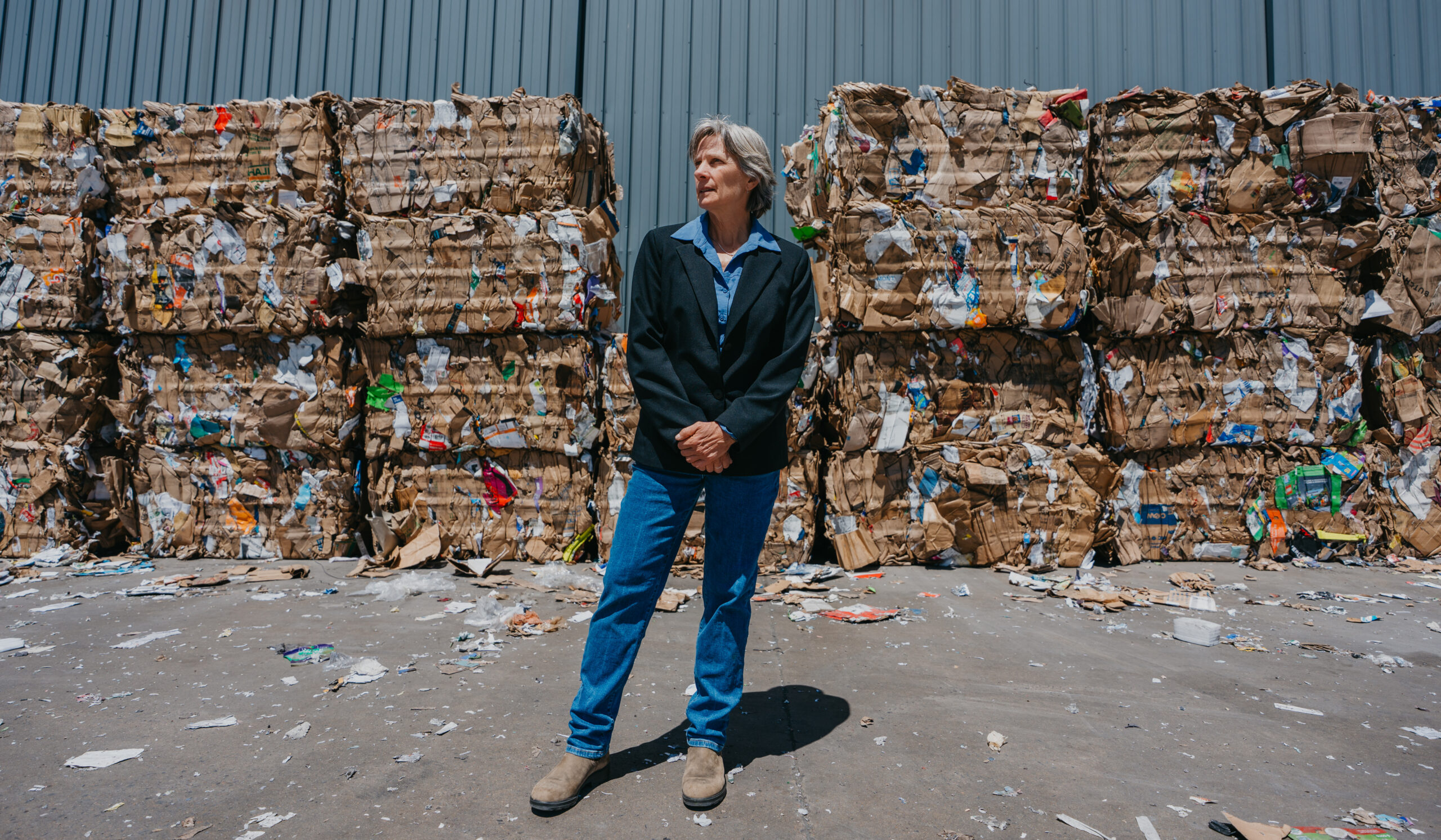
A U-M and Michigan State cooperative program supports sustainability and conservation efforts for the lakes surrounding Michigan.
A U-M and Michigan State cooperative program supports sustainability and conservation efforts for the lakes surrounding Michigan.

2025 Summer Reading List
Our selection of summer (and sustainability!) 2025 reads written by U-M alumni, chosen for U-M alumni.

Michigan Musings: My First Forest Home
“It’s been almost nine years since I moved out of the woods for good, and yet I still feel that part of me is still there.”
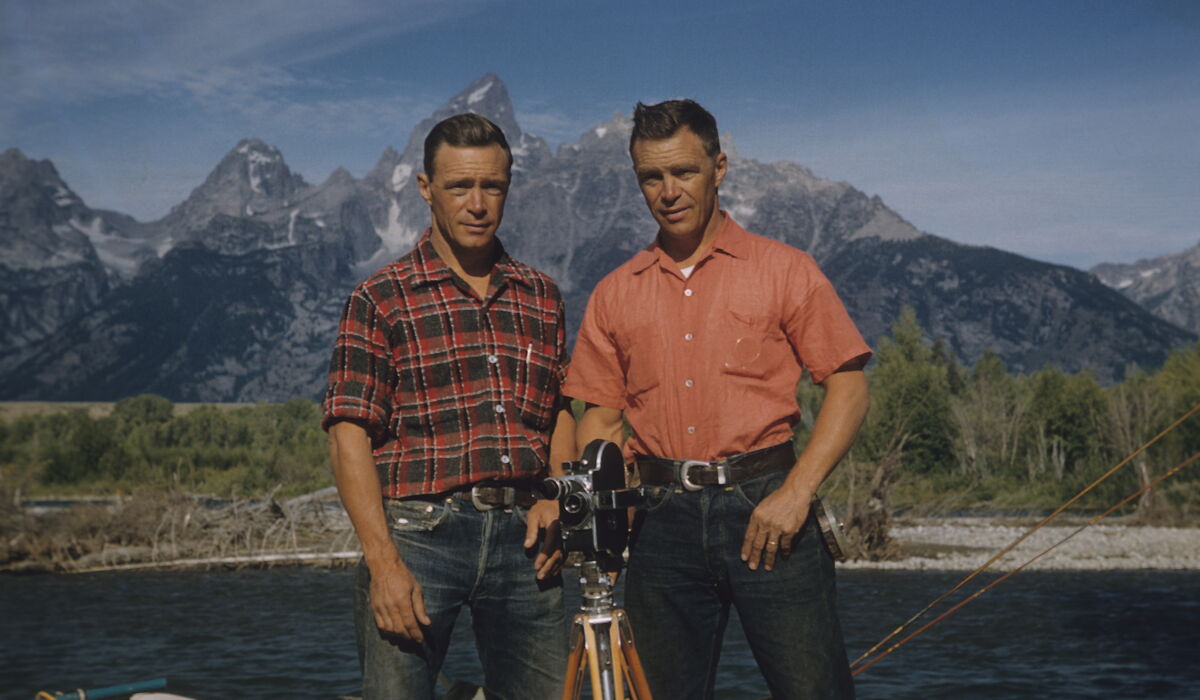
Can You Guess That Grad?
What alumni twins are known for their conservation research and work with animals, including being among the earliest researchers to use radio-tracking technology to observe wildlife?

2025 Summer Reading List
Our selection of summer (and sustainability!) 2025 reads written by U-M alumni, chosen for U-M alumni.

Michigan Musings: My First Forest Home
“It’s been almost nine years since I moved out of the woods for good, and yet I still feel that part of me is still there.”

Can You Guess That Grad?
What alumni twins are known for their conservation research and work with animals, including being among the earliest researchers to use radio-tracking technology to observe wildlife?

Office Hours: Phil D’Anieri Discusses National Park Impacts
We speak to a professor about an issue in their field.

Fast Chat: Emma Mastroianni and Madison Quinn
We speak to two student sustainability leaders.

Spaces: UM-Dearborn’s Environmental Interpretive Center
We explore a UM-Dearborn place.

Office Hours: Phil D’Anieri Discusses National Park Impacts
We speak to a professor about an issue in their field.

Fast Chat: Emma Mastroianni and Madison Quinn
We speak to two student sustainability leaders.

Spaces: UM-Dearborn’s Environmental Interpretive Center
We explore a UM-Dearborn place.
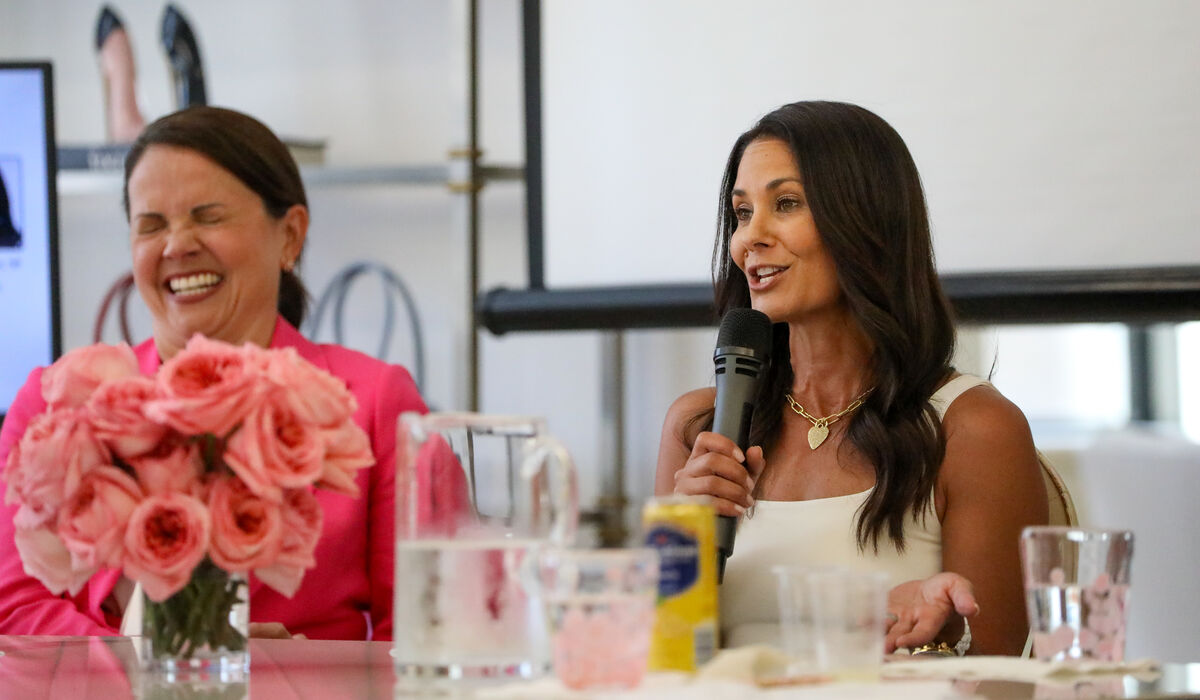
Wolverine Industry Leaders Event Features Women in Business
A panel of experts discussed the changing culture of workplaces.
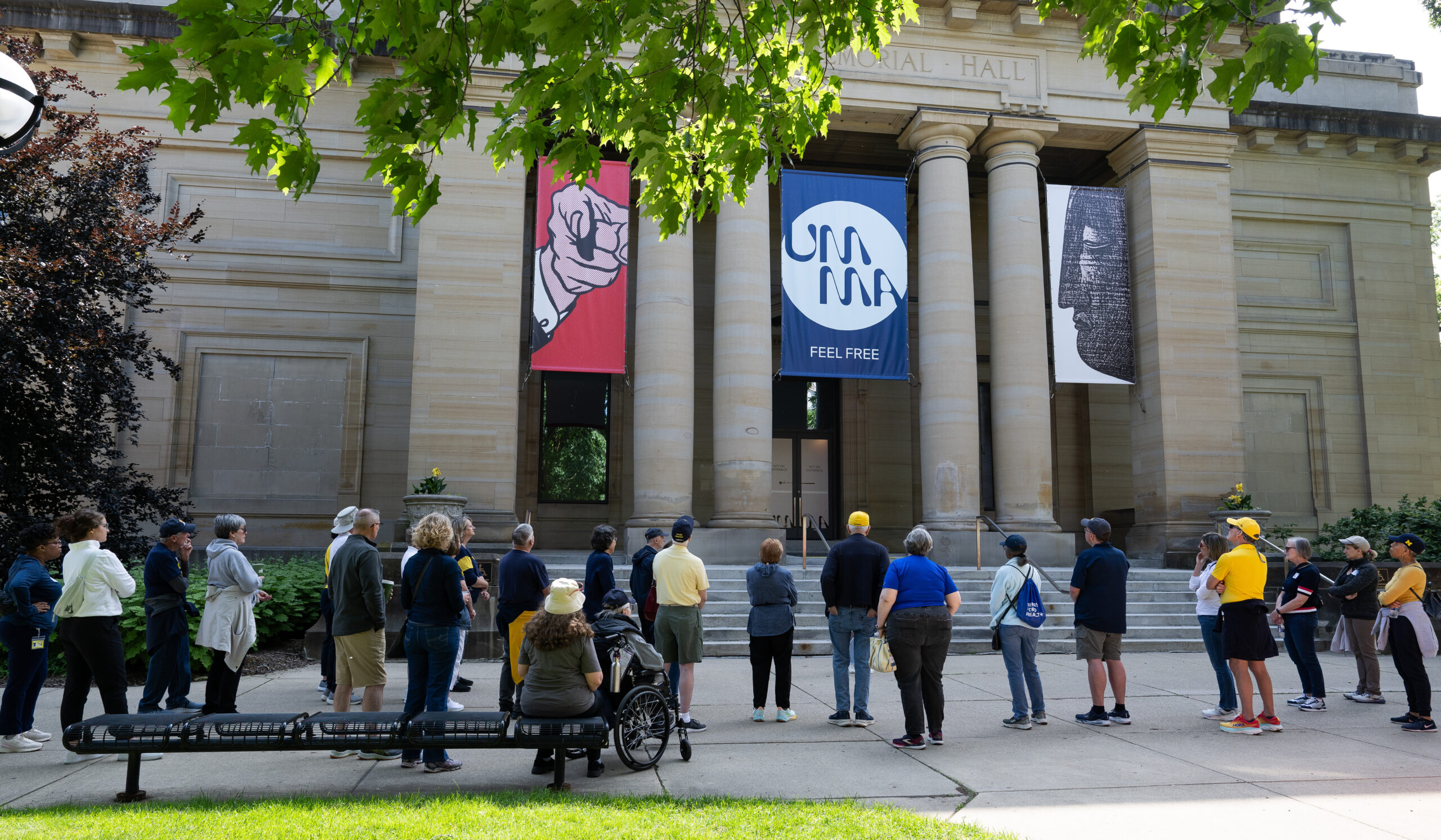
Alums Head Back to School for Alumni Education Course
The free courses from the Alumni Association support alums’ continued education and connection to the University
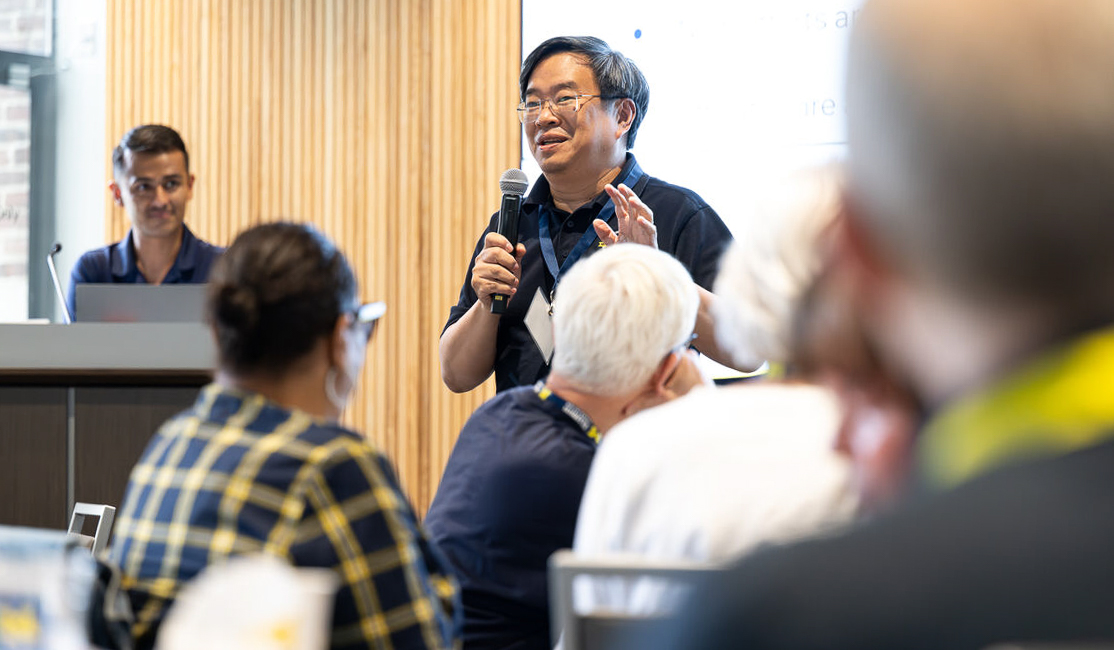
Club, Community Leaders Gather for Workshop
Volunteer leaders shared best practices with one another on event planning, communications, student engagement, and more.

Wolverine Industry Leaders Event Features Women in Business
A panel of experts discussed the changing culture of workplaces.

Alums Head Back to School for Alumni Education Course
The free courses from the Alumni Association support alums’ continued education and connection to the University

Club, Community Leaders Gather for Workshop
Volunteer leaders shared best practices with one another on event planning, communications, student engagement, and more.
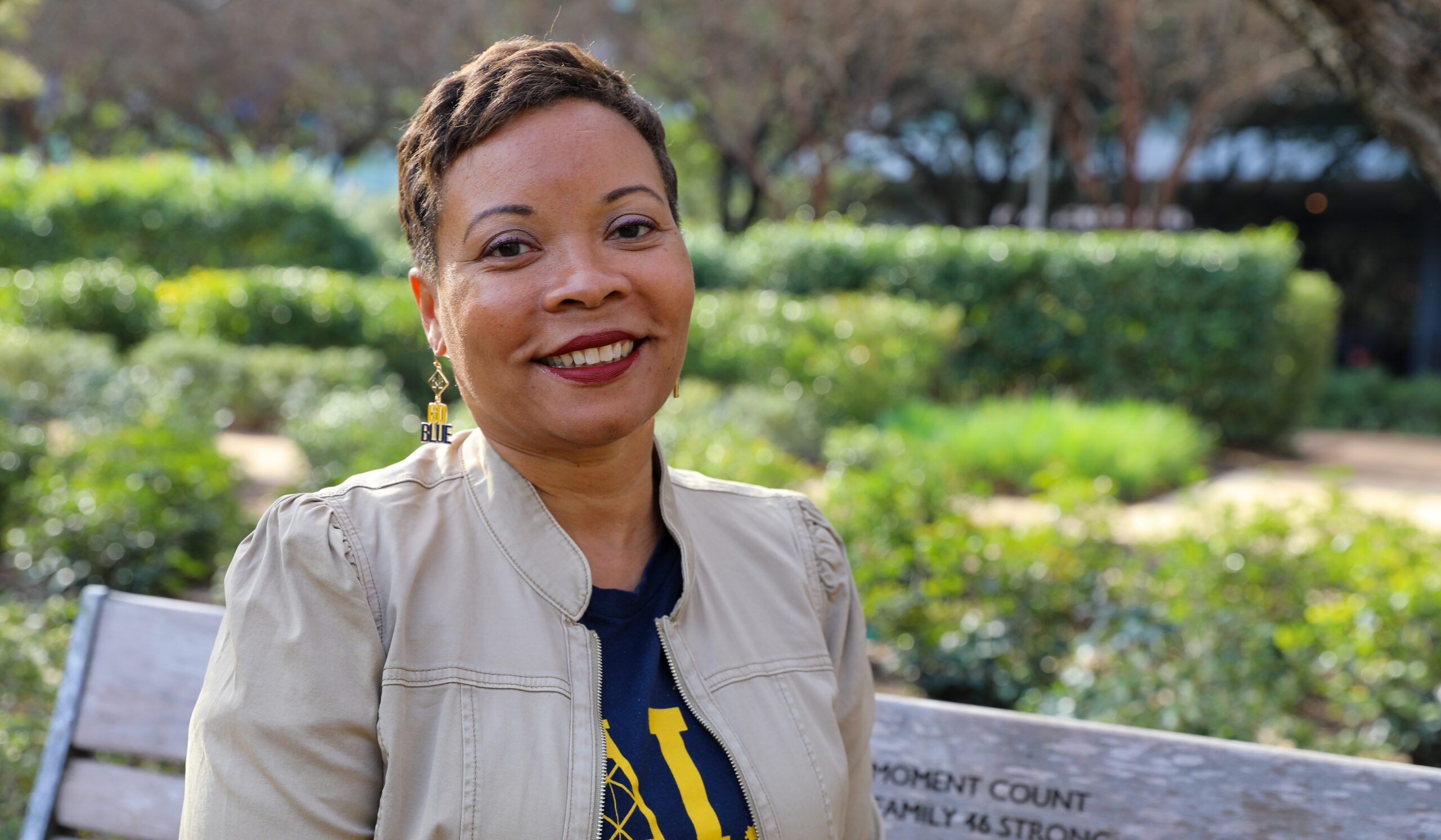
Guest Column: Inspiration in the Midst of Transition
Alumni Association president and CEO Ayanna McConnell shares her thoughts on times of transition.
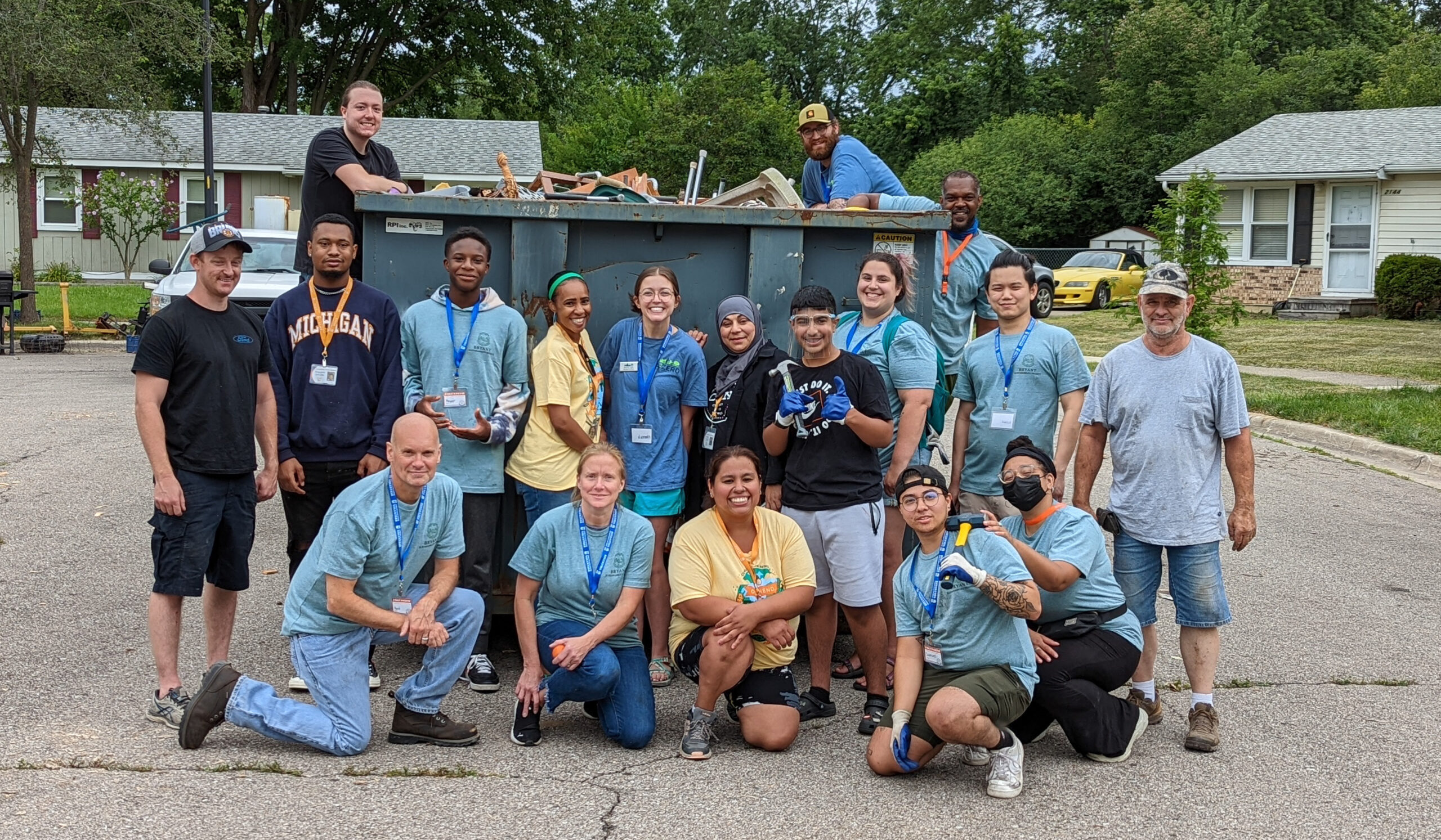
Decarbonizing Ann Arbor
Ann Arbor is going carbon neutral with equitable, community-first action.

Guest Column: Inspiration in the Midst of Transition
Alumni Association president and CEO Ayanna McConnell shares her thoughts on times of transition.

Decarbonizing Ann Arbor
Ann Arbor is going carbon neutral with equitable, community-first action.



